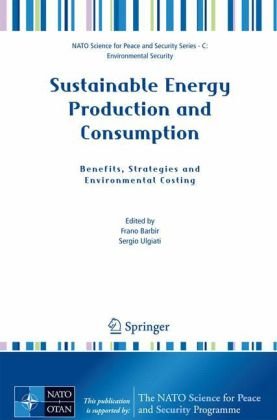

Most ebook files are in PDF format, so you can easily read them using various software such as Foxit Reader or directly on the Google Chrome browser.
Some ebook files are released by publishers in other formats such as .awz, .mobi, .epub, .fb2, etc. You may need to install specific software to read these formats on mobile/PC, such as Calibre.
Please read the tutorial at this link: https://ebookbell.com/faq
We offer FREE conversion to the popular formats you request; however, this may take some time. Therefore, right after payment, please email us, and we will try to provide the service as quickly as possible.
For some exceptional file formats or broken links (if any), please refrain from opening any disputes. Instead, email us first, and we will try to assist within a maximum of 6 hours.
EbookBell Team

0.0
0 reviewsThis volume is a result of the NATO Advanced Research Workshop that took place in Naples, Italy on July 4 through 7 of 2007. The workshop brought together the top researchers in energy technology, energy analysis, energy economics, and environmental economics from NATO countries, partner countries and Mediterranean Action countries. The book, like the meeting itself, deals with very crucial aspects of the energy/environmental/social problem such as energy and economic growth, integrated analysis of societal and ecosystem metabolism, status, development and use of renewable energy sources at regional level, and zero emission production patterns in agriculture, industry and the energy sectors. The authors treat in depth all the aspects linked to evaluation methods, multidisciplinary integration of approaches, economic problems of energy use, competition of bioenergy with food production and environmental protection, peak oil and strategies to deal with, trade and societal metabolism. The close interrelationship of these topics emerges very clearly. So much so that the presentations definitely help to place the individual projects and research activities within a larger societal and environmental frame for increased sustainability. Special focus is placed on the fact that increase of renewables, diversification of sources, and decentralization of energy production and use are capable of increasing energy security and environmental integrity.